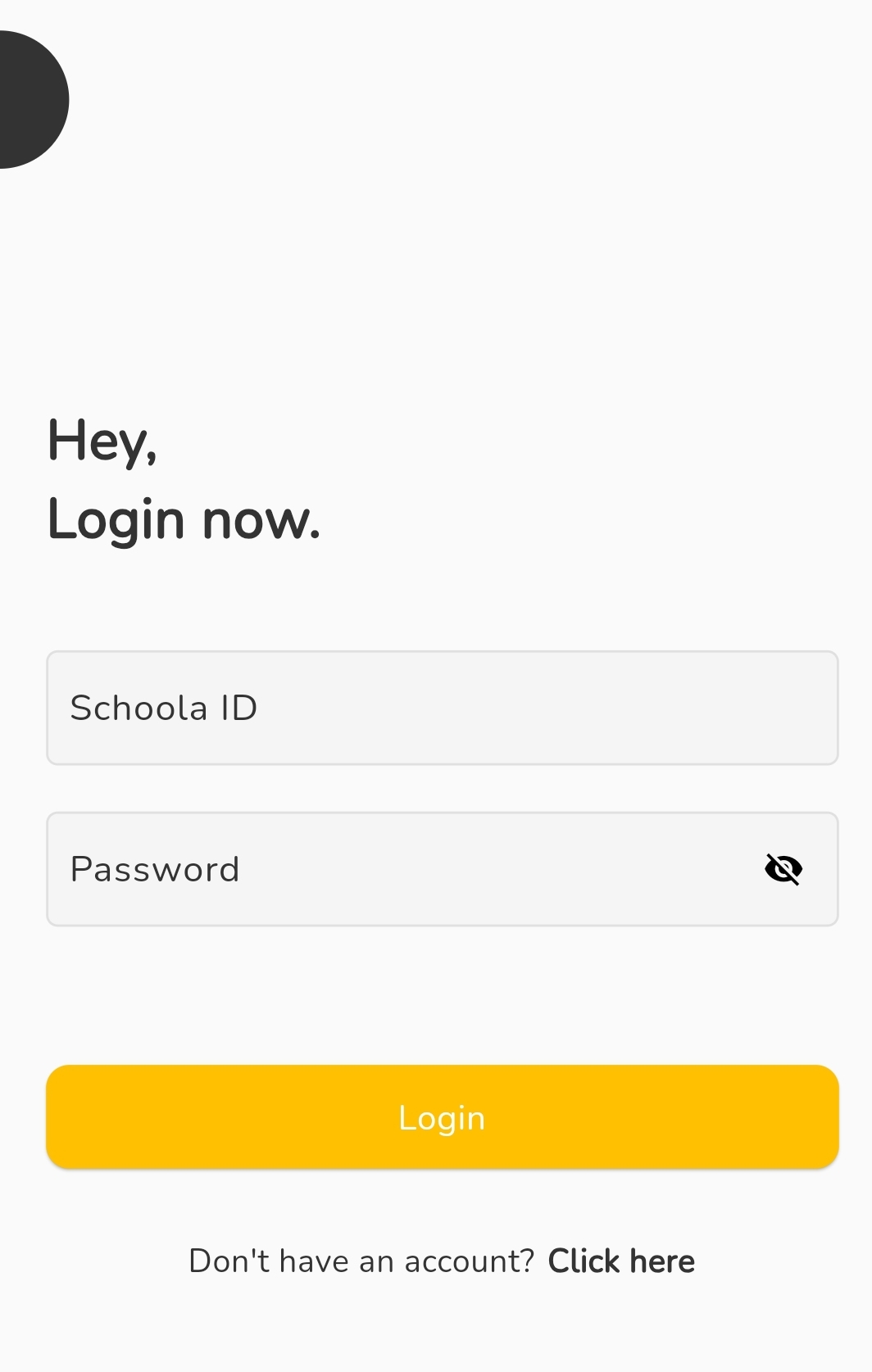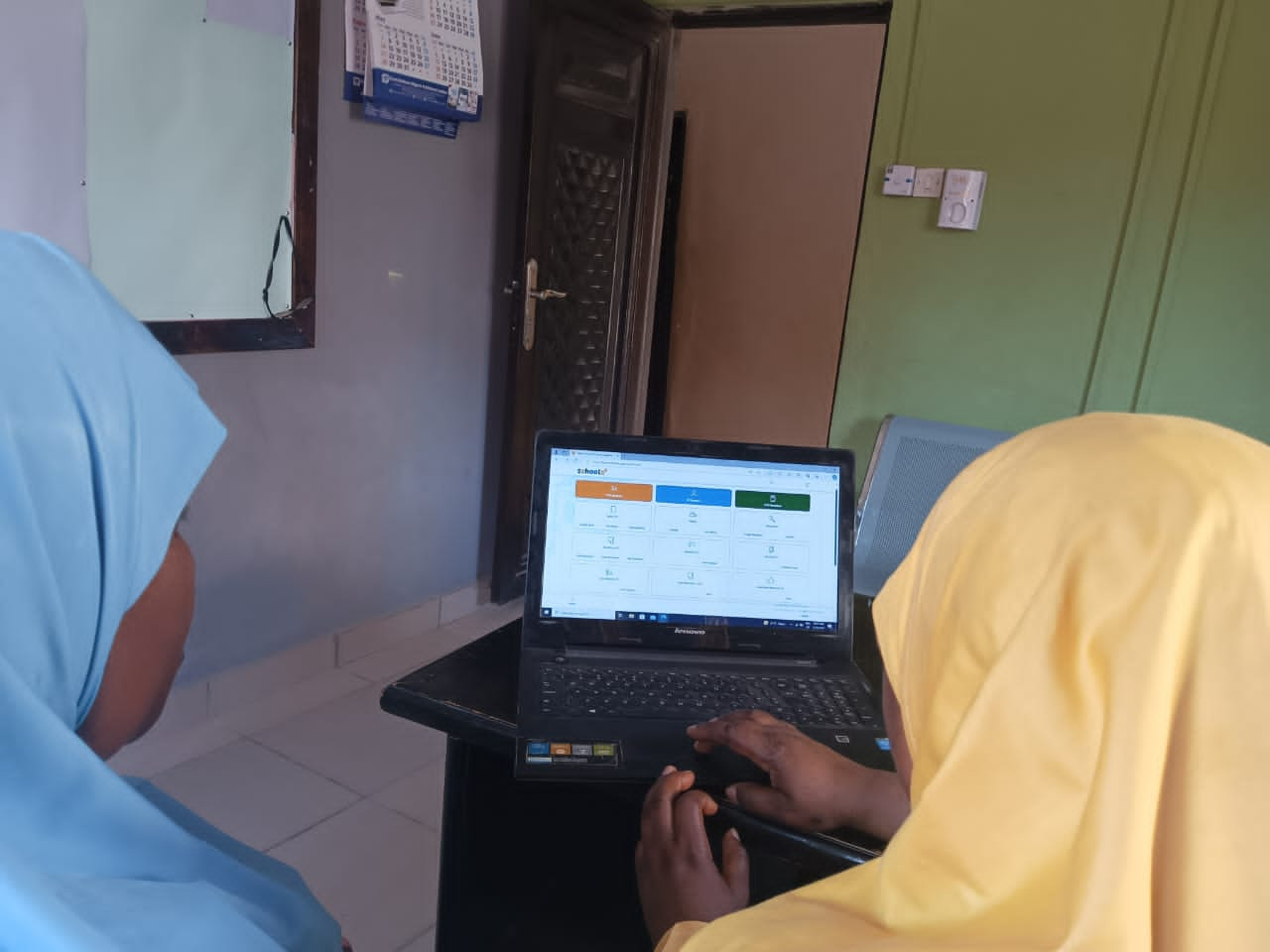In March 2020, Nigeria’s Federal Ministry of Education announced the closure of schools nationwide due to the surging COVID-19 cases. Classrooms, which were seen as the model of learning, became deserted for the next six months, and, compared to their foreign counterparts, Nigerian students were stuck at home without any recourse to learning. This sparked a ripple of uncertainty among students and parents alike.
Husseina Sadiq, head teacher of Little Scholars Schools in Kaduna, sent letters to the parents of the pupils about the school’s closure following the federal government’s orders. “I was confused and didn’t even know what the next step would be,” she admitted.
Also, during this time, Yusuf Alashiri, an administrator in Darul Huda Foundation Elementary and Tahfeez Schools in Kaduna, was sick with worry. “It was a struggling moment for the human race,” he recalled.
Across the world, at least 463 million students stayed away from their classrooms due to the virulent wave of the pandemic in 2020. In Nigeria, where more than 10 million children were already deprived of education, the federal government’s decision left many more children out of school.
Enter Schoola. Abdullahi Bature, Nasiru Mustapha, and Abdulalim Ladan are a trio of passionate EdTech entrepreneurs driven by a vision to revolutionize education in Nigeria. In 2020, they launched a digital-education platform known as Schoola to create a more engaging learning experience for K12 students using games, duels, and tournaments. This was exactly what the situation demanded.
“Seeing the school closures, we brainstormed on how to address the problem. That was how Schoola Learn was born, providing both the K12 schools, teachers, and students, with personalized learning experiences and tools to improve their performance,” Bature said.
The Schoola intervention emerged at a time when the pandemic had disrupted academic calendars, left teachers out of work, and seen a hike in the number of out-of-school children amid a general apathy in digital education.
Yet the model was successful. Through Schoola Learn, teachers smoothly transitioned to virtual classrooms, with students learning and taking assessments from their homes. Their progress and results were automatically tracked and generated through the Schoola SRC, or School Record Centre, app, which is accessible to both teachers and parents.
“Schoola Learn greatly assisted our school because the students’ numeracy improved, and the SRC app saved us resources in printing students’ result sheets,” Alashiri shared.
Beyond the pandemic
Four years after the pandemic, Schoola Learn has become a veritable digital hub for educators. At least 110 schools across six Nigerian states use the platform, with teachers creating 40% more digital content. Schoola now caters to their diverse learning needs, including impaired students, with special educational needs.
From a math teacher facilitating online lessons in Kano to an initiative curating a virtual-learning program for adolescent girls in Kaduna, and to the teacher who took extreme measures to keep his students learning in Zambia, Schoola is one of several responses to the educational challenges confronted during the pandemic.
The Schoola Learn app is only accessible through paid annual subscriptions. Users download the app from Google PlayStore or App Store to get started. While existing users can simply log in, new users will need to enter their basic information, including username, school name, gender, and grade level. Upon completing the registration, a personalized user account is created, allowing access through a designated School ID and password.

Using the app makes for a seamless learning experience, as Sadiq said.
“It was a huge success as learning became easier and more interesting. Students can access audio-visual lessons, assignments, and quizzes on their dashboards.”
Many more school administrators, like Alashiri, are adopting the Schoola Learn app in their biweekly assessments to expose their students to computer-based tests.
Not a silver bullet
As one of the founders of Schoola, Bature emphasized funding, lack of internet connectivity, patchy electricity in most schools and communities as some of the challenges that restricted the spread of the app.
Also worthy of note is the resistance and skepticism from some stakeholders, such as parents, school administrators, and policymakers, who are not tech-savvy and are unsupportive of their vision as such.
“There is also competition and imitation from other players in the market, who may offer similar or cheaper solutions, but with lower quality. So, this brings the need for continued collaboration and partnerships with other EdTech companies to address specific educational challenges and work together by sharing our solutions,” Bature explained.
Alashiri admitted that sometimes, they confront technical challenges while using the application. He added that “the challenges are hastily fixed whenever we draw the attention of the founders.”
Sadiq also reiterated that the application is user-friendly, but the challenge is with some of the pupil’s parents who are experiencing difficulties logging into the application due to poor internet connection or those who are not using Android phones.
A vision for the future
Despite the limitations, Schoola founders are still aiming to expand their reach and influence by eliminating obsolete teaching and assessment methods, providing adequate teaching resources, and largely digitizing education in Nigeria.
Bature believes that partnerships with other EdTech initiatives can address traditional educational challenges and transform the country’s education sector into a digital landscape.
“Our hope for the future is to become the leading EdTech platform in Africa and to make a lasting and positive difference in the lives of millions of learners and educators. We want to reach and serve more schools and users, across different countries and regions, and offer them a variety of products and services that suit their needs and preferences,” Bature noted.
Alashiri, on the other hand, is optimistic that the students can get uninterrupted access to quality education through such innovation.
By continuously innovating and incorporating cutting-edge technologies like artificial intelligence, gamification, and virtual reality, Schoola promises to keep enhancing the learning experience for millions of Nigerian students.
Sadiq is particularly excited about the brand’s vision for digital learning in Nigeria. She said, “I can’t wait to get all the facilities Mr. Bature wants us to be acquainted with and completely move all our lesson plans online.”
In March 2020, Nigeria's Federal Ministry of Education ordered the closure of all schools due to the rising COVID-19 cases, leading to a six-month cessation of classroom learning. This decision created significant uncertainty among students and parents, particularly as it left many without alternative learning options.
Schoola, an EdTech platform founded by Abdullahi Bature, Nasiru Mustapha, and Abdulalim Ladan, emerged as a solution to this crisis. Launched in 2020, Schoola aimed to provide engaging digital education through games, duels, and tournaments for K12 students. The platform enabled teachers to transition to virtual classrooms, with learning progress tracked through the School Record Centre app, which parents could also access.
The platform's initial success included improving students' numeracy and saving resources for schools. Four years post-pandemic, Schoola Learn is now utilized by at least 110 schools across six Nigerian states and has significantly increased digital content creation by teachers.
Despite its success, Schoola faces challenges such as funding issues, poor internet connectivity, and resistance from non-tech-savvy stakeholders. However, the founders are committed to overcoming these obstacles and envision expanding their digital education influence across Nigeria and Africa, incorporating advanced technologies to enhance the learning experience.
Schoola’s founders aim to make it the leading EdTech platform in Africa by addressing traditional educational challenges and integrating cutting-edge technologies like artificial intelligence, gamification, and virtual reality to benefit millions of students and educators.






